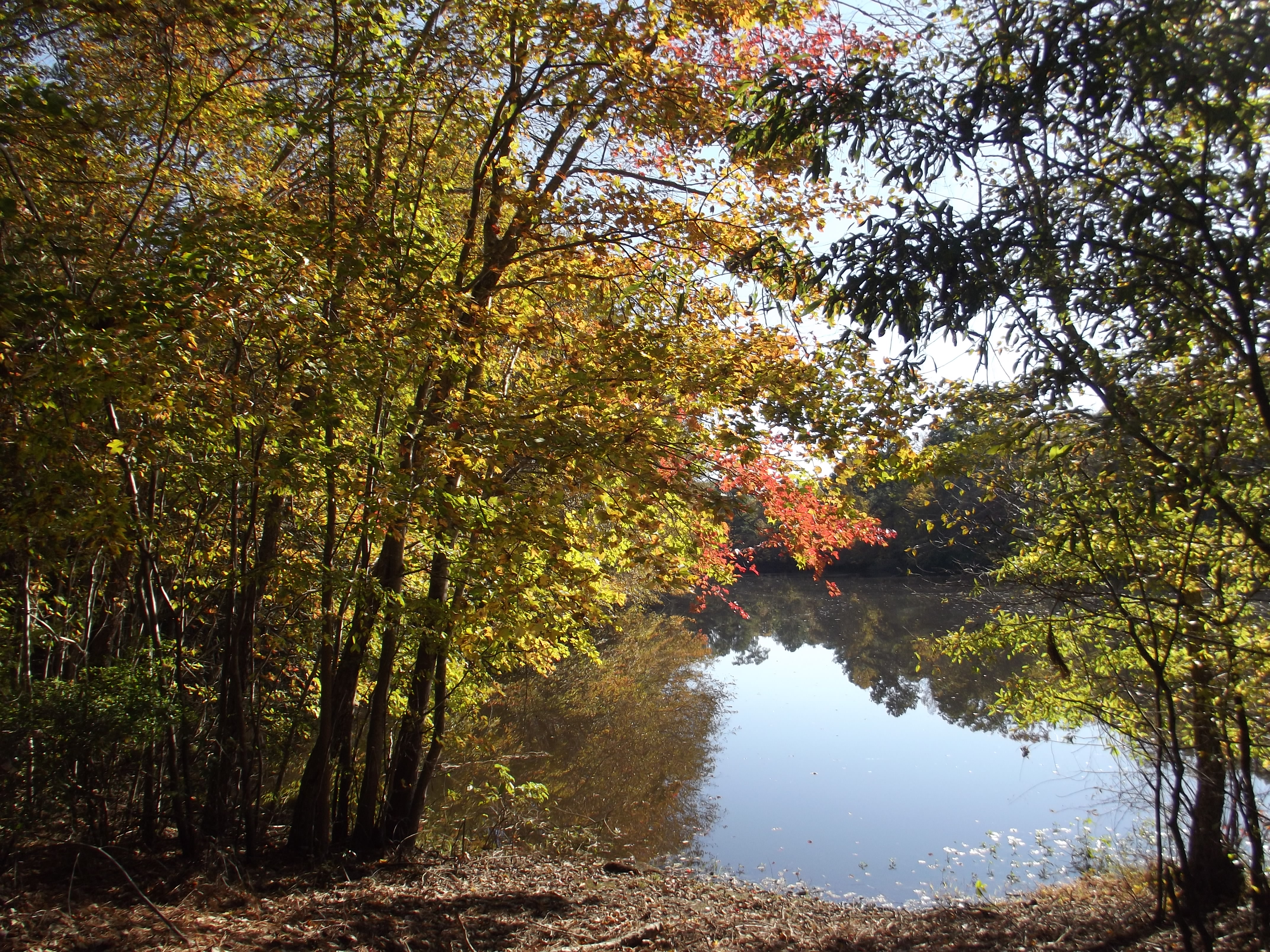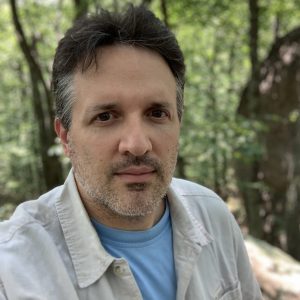
Critical habitat for a threatened bat species will be preserved thanks to a new open-space easement recorded by the Virginia Outdoors Foundation in Southampton County.
The easement on the “Shand’s Tract,” as it’s called, was supported by $700,000 from the U.S. Fish and Wildlife Service, North American Wetlands Conservation Act and $50,000 from the Enviva Forest Conservation Fund, which is administered by the U.S. Endowment for Forestry and Communities and provides grants to protect environmentally sensitive bottomland and wetland forests in North Carolina and Virginia.
The property includes 8,000 feet of frontage along the Nottoway River, as well as 425 acres of cypress and tupelo swampland. In addition to helping protect the tract, Enviva funds will be used to enhance public access by supporting the acquisition of a boat ramp that will be owned by the town of Courtland, giving the public permanent access to the waterway.
The cypress swamp forest that will be preserved is of high ecological and conservation value. These bottomlands provide shelter for several species of bats most impacted by the white-nose syndrome — a fungal disease associated with the death of millions of bats. During late spring and summer, bats rely on the large mature trees for roosting and for rearing their young. The bats also provide a natural and economic benefit to farmers and foresters in the community by consuming tons of harmful insects and pests.
“In addition to providing a home for the bats, the riparian river frontage is a high priority watershed, as it is home to at least two documented threatened aquatic species and multiple neo-tropical and migratory bird species,” said VOF Executive Director Brett Glymph. “We so appreciate the funding made available through the Enviva Forest Conservation Fund to conserve important habitats like this one in our state, as well as all of our partners in this project, including Ducks Unlimited and the U.S. Fish and Wildlife Service.”
“At the Endowment, we are committed to both forests and the people that rely on them,” said Carlton Owen, President and CEO of the U. S. Endowment for Forestry and Communities. “These forests that will be protected are of significant value not only because they are home to threatened and endangered species, but because they also provide flood mitigation services and contribute to the quality of life for the communities that surround them.”
